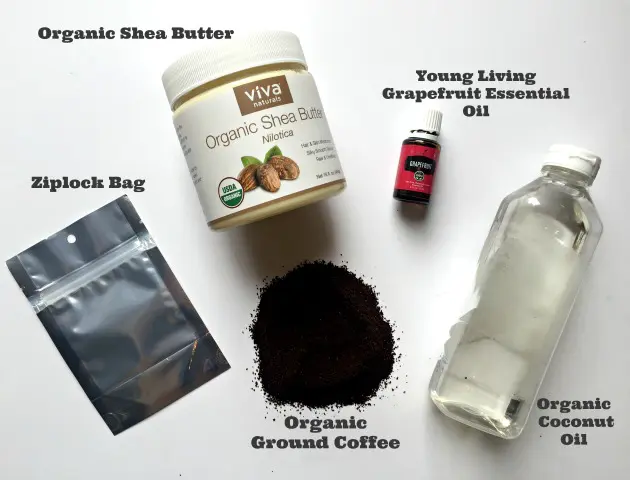First, what is a shy child? A shy child might prefer to be alone, display hesitancy when interacting with others, or need extra reassurance in unfamiliar settings. Let me reassure you, there is nothing wrong with a shy child. It is perfectly normal and fine for a child to be shy. However, as a parent, […]
Lifestyle
Health family lifestyle. Tips for a better family life, balance work family life. Healthy family living advice so you can reap the benefits of a healthy lifestyle.
10 Strategies For Wealth From Leanne Jacobs
I am so excited to have Leanne Jacobs, an internationally recognized author and holistic wealth expert, share with us some of her best strategies for wealth. These wealth strategies are intended to help us stop stressing and achieve “family financial bliss.” Well, who doesn’t want that? I am all ears because I am definitely still learning […]
Independence Day for Kids: Teaching the True Meaning of July 4th
America’s Independence Day is often referred to as simply the Fourth of July. With the excitement of fireworks, barbecues and July 4th parties, the true meaning of the July 4th is sometimes forgotten. It is important to teach kids about Independence Day and that it is the celebration of a very significant event in history. The story […]
Hello Invigorating Coffee Body Scrub Recipe! Goodbye Cellulite.
There are so many different scents and different combinations of body scrubs out there but they can also be pretty pricey. That is just one reason that homemade body scrubs are great! It is also nice to know exactly what you are putting on your skin. This Invigorating Grapefruit Coffee Body Scrub Recipe is so […]
Summer Camp Packing List [Printable Checklist]
Summer is almost here and for us there are just two short weeks until school is out. Some of my favorite memories of my summers as a youth were being a camp counselor for an overnight camp in our community. Now my children and nieces and nephews make fond memories at that same summer camp! When […]
25 Amazing Peace Quotes To Inspire You
Can you believe June is already half way through? In a short time, Memorial Day, Father’s Day and graduations have come and gone. Summer camps and sports teams are starting up. In a blink of an eye it’ll be the 4th of July. There’s so much going on in the summer, you rarely get a […]
How To Talk To Your Spouse About Money Without Fighting
It’s all about the money! Well, not really but you also can’t deny that having your monetary affairs in order makes everything a whole lot easier. That includes relationships. In fact, according to Ramsey, “Money is the number one issue married couples fight about, and it’s the second leading cause of divorce, behind infidelity.” If […]







